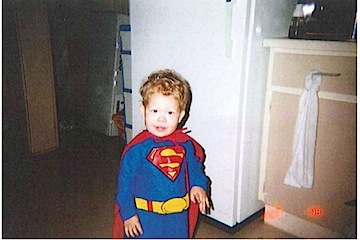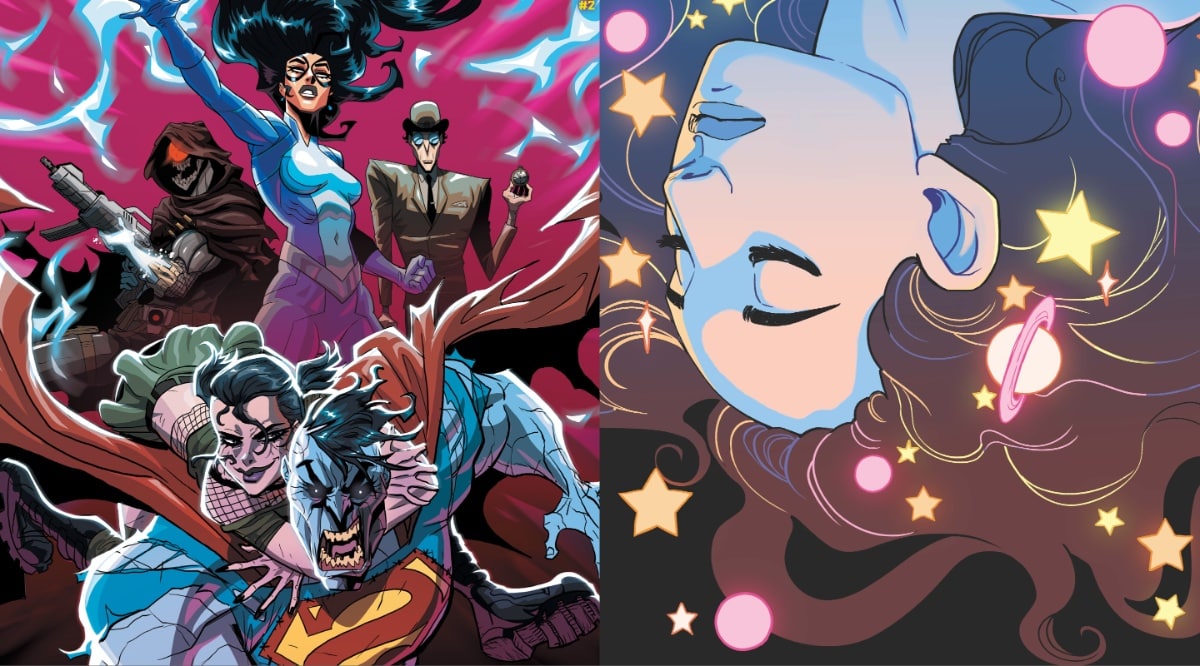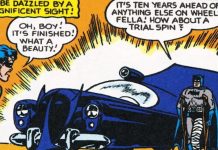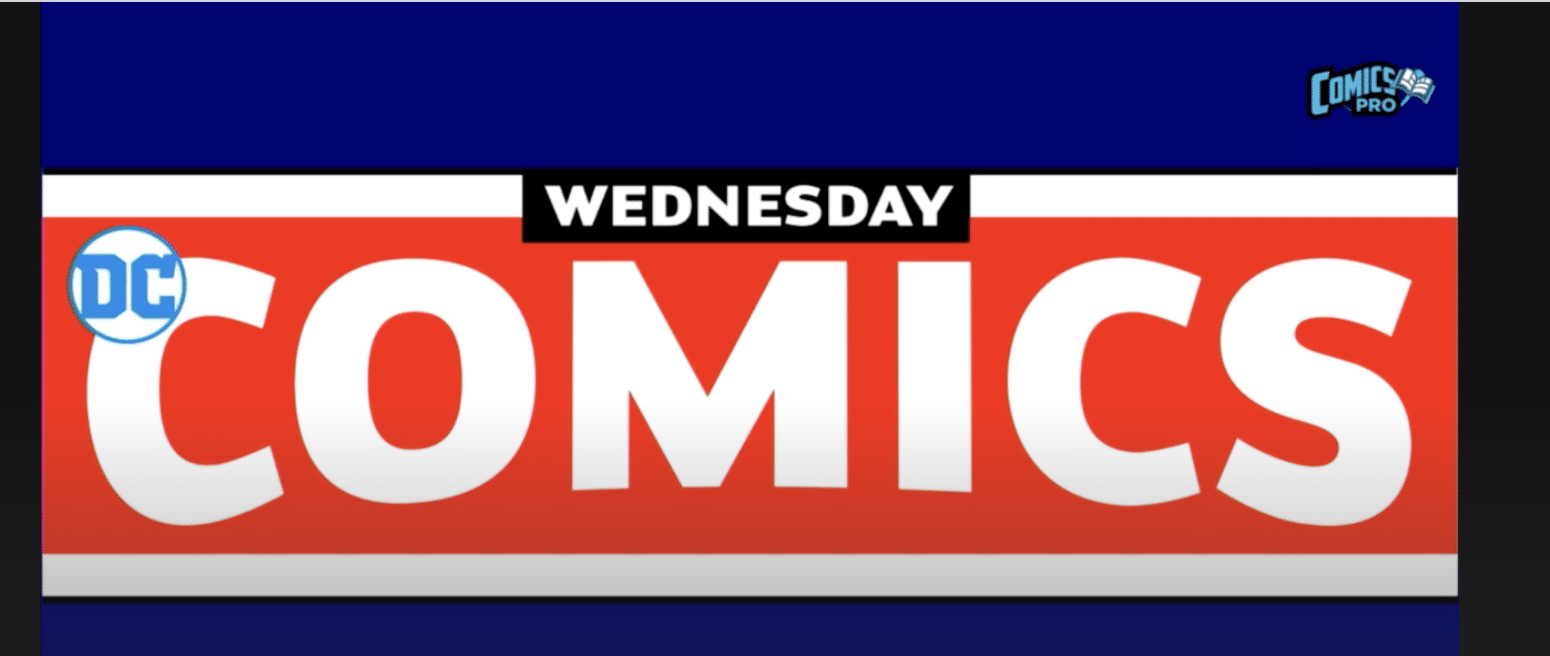Looks like more compassionate—not to mention media-savvy—heads have prevails at DC Entertainment, as they have reversed a lawyer’s decision to disallow a memorial to a boy who died of abuse to have the iconic Kryptonian S on it after all:
“DC Entertainment uses a flexible set of criteria when we receive worthy requests such as this, and at times have reconsidered our initial stance,” a spokesperson said in a statement.
“After verifying the support of appropriate family members, DC Entertainment will be allowing the Jeffrey Baldwin Memorial Statue to feature the Superman ‘S’ shield.”
The kerfuffle began earlier in the week, when a Toronto man revealed that he had commissioned a memorial statue to Jeffrey Baldwin, a young boy who died of starvation nearly a decade ago. In Baldwin’s brief life, he loved Superman, and the statue paid tribute to that.
A DC lawyer didn’t agree at the time, igniting a public debate over copyright, trademark and everything in between.
Our own Jeff Trexler weighed in with sound legal principles earlier today, but as many have stated, all DC had to do to get past any legal issues was license the statue for $1 — US or Canadian.
It looks like saner heads have prevailed and realized that assigning the heroic humanist values of Superman to this child’s tragic life and horrific death will help others aspire to more heroic ideals.








Note the “After verifying the support of appropriate family members,” which ties into the right of privacy & publicity issue that I addressed in the comment – there was actually more at work here than just issuing a license. The statue was commissioned by a non-relative, which was an issue that needed to be addressed.
And the general points raised in the comment still apply – the controversy over this statue went viral in a way that prompted DC to respond to this particular instance, but as illness and death take on a more performative dimension – a useful analogy here would be public proposals, which have transformed a relatively private ritual into global theater – a company such as DC needs to think carefully about issuing a blanket license to use its imagery in these contexts.
Poor kid. Sometimes this world sucks.
Jeff, what’s the difference between this and an S-shield tattoo? Presumably every tattoo artist doesn’t use the pre-selected, DC-licensed shield. Just curious.
Jon
Jon, great question — so much so that we even had a panel on tattoos + IP at the Fashion Law Institute!
Technically tattoo artists should be licensing copyrighted/trademarked logo designs from the IP owner. Ideally the terms of the license should specify the permissible bounds of creative interpretation, if any, and who owns (guess!) the derivative work.
Do all artists get such permission? Nope, but they should.
The issue becomes still more interesting when it comes to the tattoo being reproduced in other media, from Instagram and magazines to TV and film.
Tattoos were in mind when in my earlier comment. Getting tattoos in conjunction with someone’s passing is a ritual with ancient roots (see the Torah for prohibitions), and we see variations on it today. A blanket license to use brand icons in conjunction with illness or death would be effectively render a separate commercial license irrelevant, since clever tattoo artists would just claim that their logo tattoos had a related purpose. A goofy but illustrative analogy: the early days of medical marijuana in California, when the Venice Beach boardwalk was a phalanx of bikinied physicians’ assistants beckoning you to come inside for a stress test and a joint.
Wait, didn’t The Beat say that DC had no choice but to deny them?
Yeah, there’s more at work here than copyright, but the lawyer dismissed the issue without saying “hey, we can do this, but we need more verifiable information” – that was a huge mistake. When an individual comes to a corporation with a trademark request, it shows they are trying to do the right ting, rather than just highjack it. Unfortunately, a companies lawyers may prefer to blow off the request, because otherwise they are doing (paper)work for no financial benefit. In fact, a lot of times lawyers in these types of cases would prefer they DIDN’T ask and just proceeded because issuing a gratis license takes time & effort and they’ll never see a penny from it. I worked at a music company and we were frequently inundated with requests for festival uses for our songs in student films, etc. We always got permission from the artists with the caveat that if the film left the festival/non-profit circuit, the license would expire and need to be renewed for $$. It’s a little bit of work to grant a gratis license when it’s the right thing to do, it’s easy as fuck to blow everyone off – but the price for doing so may be VERY high, as it was in this case. DC does NOT need this bad press as the struggle to get a foothold in what is increasingly a Marvel & Batman world. I would hate to be Diane Nelson.
Jeff R., I imagine that was a fun (as in not fun) part of the gig! Musicians have told me that they get inundated with requests for free songs & concerts, with each org thinking it’s the Most Important Cause Ever without any thought that musicians gotta eat. Kudos for the savvy response to such requests.
Part of me wonders if there was some suspicion that Boyce (the statue commissioning guy) couldn’t be trusted to stay within bounds. He launched a fundraising campaign leveraging the mark without DC’s permission for a public memorial to be erected without the city’s input & duplicating a memorial already in place. Of course, this should have also triggered some spider-sense that Boyce would go public with a no.
Wasn’t aware of the crowd funding aspect, which adds illumination to how both sides responded.
Still feel DC stepped in it here; you only have to read the child’s story to know what the right thing to do is. The cost they are paying at brand level is massive.
Where are people getting the idea that a $1 license is any more valuable or enforceable than a gratis license?
The $1 license meme seems to go back to the following comment, which would itself appear to be following the old-school practice of $1 as nominal consideration:
https://www.comicsbeat.com/dc-wont-permit-superman-logo-on-statue-of-murdered-boy/#comment-1519277
Comments are closed.